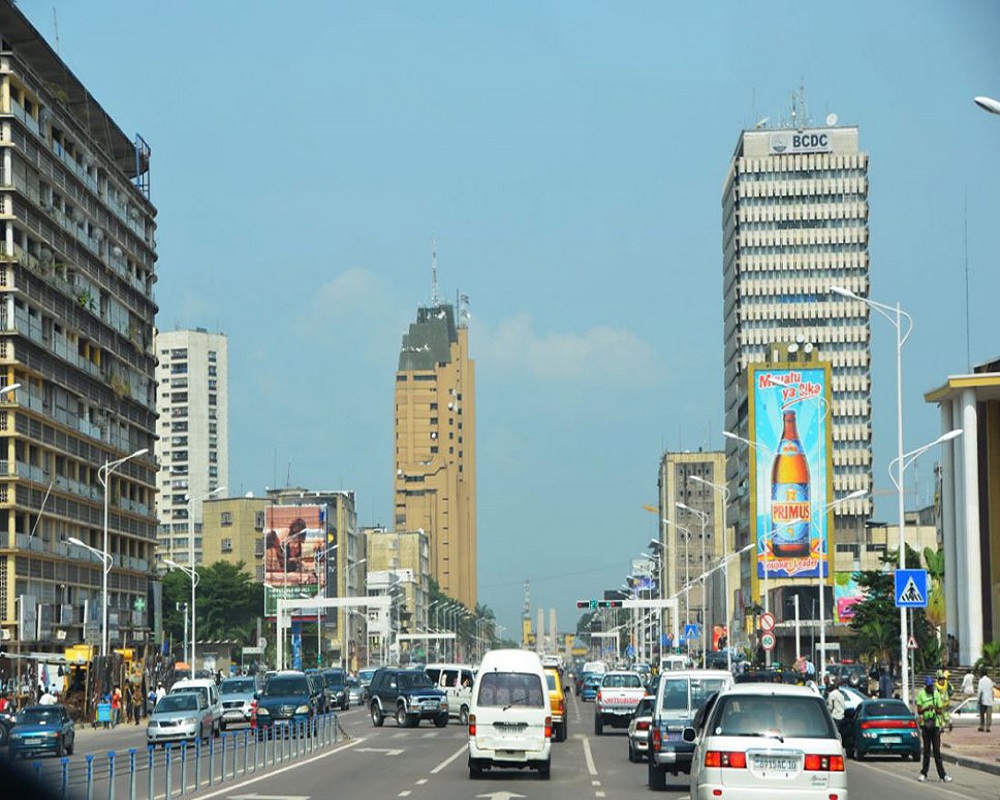The report by the Center for Study and Reflection on the Francophone World (CERMF) shows a fairly limited slowdown in the DRC economy. A year earlier, before being hit hard by the health crisis like other economies in the French-speaking world, the country still posted 4.4% growth.
The entire French-speaking Central African region experienced a sharp decline in growth, dropping from 2.2% to 3.3% overall. Cameroon, with an annual GDP variation outlook twice as favourable as Nigeria’s, recorded a slowdown (2.5%). As in the DRC, this is a fairly limited decline. “The fact remains that the rate of 1.7% in the Democratic Republic of Congo (DRC) remains rather disappointing for a country which ranks among the poorest on the continent (581 dollars per capita, at the start of 2020),” comments the experts. The document also indicates decreasing growth for Côte d’Ivoire (6.9% in 2019; 1.8% in 2020) and Senegal (5.3% in 2019; 0.7% in 2020).

In addition, the twenty-page report pays particular attention to the foreign trade situation in the sub-region. This shows that France has a weak presence in the country, for example, a situation which is all the more paradoxical given that the DRC is considered to be the leading French-speaking country in the world. France is only the 11th supplier and 24th customer, or less than 2% of the country’s annual trade. On the other hand, the Chinese partner comes ahead of France, with imports and exports combined representing around 30% of the DRC’s annual foreign trade. “This situation speaks volumes about the ignorance that many French economic players suffer from about the French-speaking world, to the great benefit of other powers.”
All international studies agree that the international context should be favourable to a gradual restart of activity during the year 2021. “French-speaking sub-Saharan Africa should once again be the most dynamic part of the continent. in 2021, while remaining the least indebted part ”.
There are also more African events that deserve to be taken into account. The report mentions, for example, the gradual establishment of the African Continental Free Trade Area, which began in January 2021. “The increase in trade between African countries does not depend only on the lowering or elimination of customs barriers. between these same countries, but also and above all on the capacity of these countries to produce goods and services ”.
According to the report, experience confirms that the countries of the UEMOA zone, which already benefit from a vast free-trade zone coupled with a single currency, have seen their trade only slightly increase within this region. space. To succeed in this integration, economic reforms should be pursued. We will come back to that.





